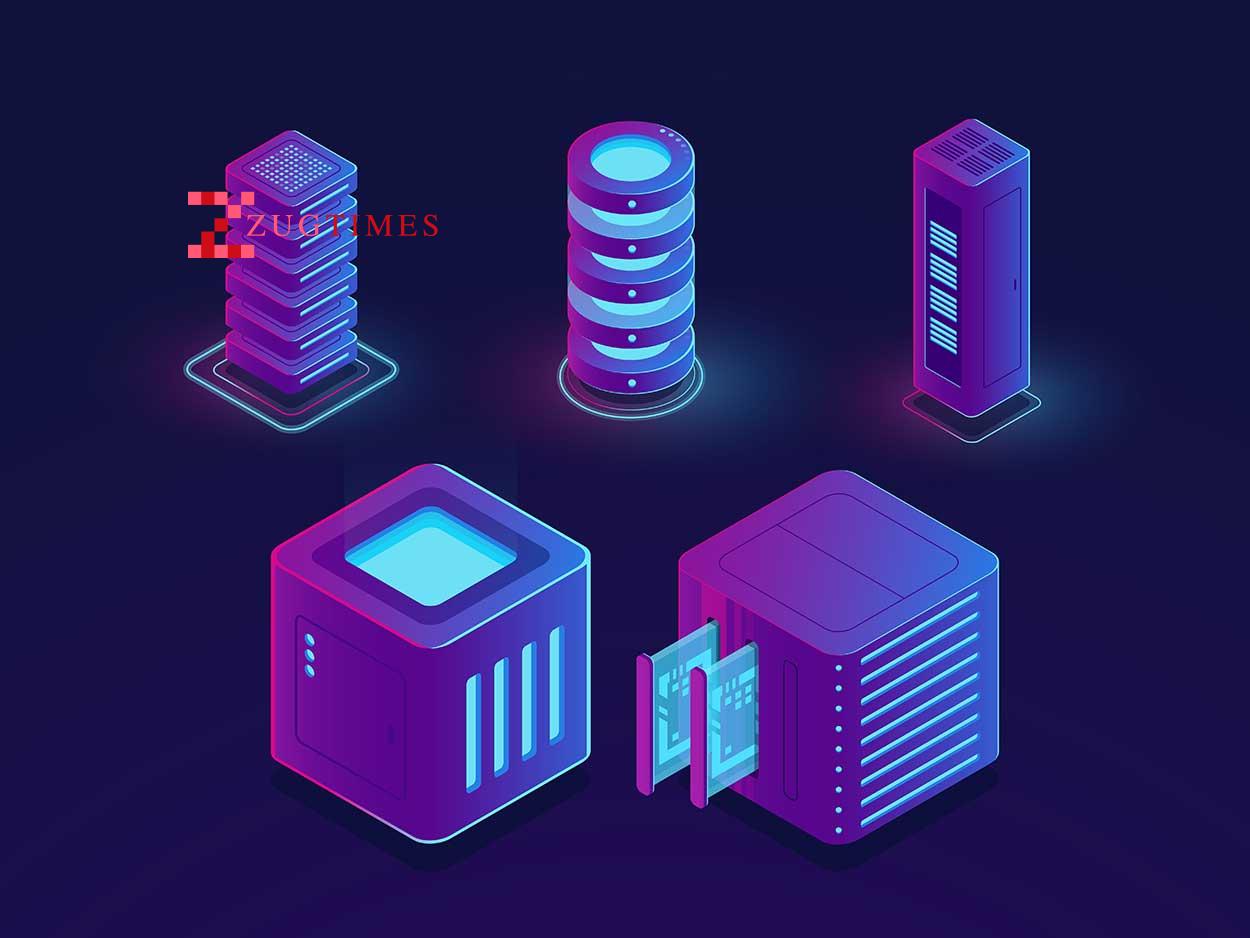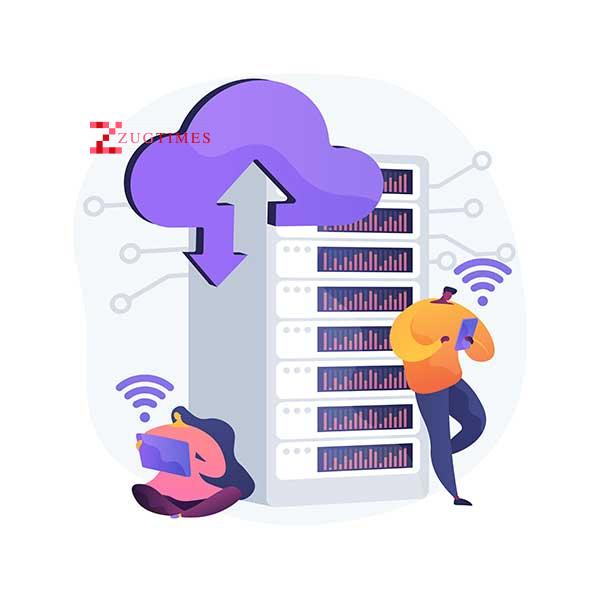Zug 101: What is a proxy server?

What is a proxy server?
Proxy Servers are servers that act as an intermediary between the request submitted by a client to a server for some services or resources and the request from that server. Clients can use different proxy servers based on what they want the servers to do for them. Proxy servers are used to protect the direct connection between Internet clients and the internet and the online sources they use. These servers keep the client's IP address hidden during any request is made to specific other servers.
Internet clients and internal resources: Proxy servers also protect an internal network against the request from a client to get data from the server that it doesn't know about. The original IP address of the node stays secret when you get data from that server.
Protects true host identity: Outgoing traffic may look like it comes from the proxy server. It has to be set up for a particular application, like HTTPS or FTP, to work well with it.

How does proxy server work?
Web requests are sent to the proxy server every time you click on a link or type in the URL manually in your browser window. Finally, the proxy server sends your IP (Internet Protocol) address to the web resource after modifying and encrypting your data. Afterward, the proxy server processes the data and sends it back to the website, which then sends it to you. If you want to obtain only the information you've requested, you can use it as a firewall or web filter.
Why are proxy servers useful?
- Access to any website
Hide your IP address to gain additional anonymity while browsing the web. Consider that you'd like to access a website that is blocked in your country. Your IP address can be changed if this is the case. As a result, you'll be able to visit any website that imposes this restriction.
- More Privacy
In order to "outplay" the network with ease, you can use proxies that encrypt your data and configure your IP address. Using this method, the server you're sending your request to will not know your actual IP address or other private details. It protects you from identity fraud and hacker attacks.
- Higher Security
Your internet connection is more protected because you can keep your personal information private. It's possible to configure and modify your proxy so that the web sees only the information that you allow it to access. Protecting your device and filtering out dangerous web resources is one of the many benefits of using proxies.
- Boost Performance
Using a proxy server can also increase the speed of your web browsing. You can see an example of this in action by visiting a website, which is then stored in your proxy server's cache. It sends the request to seek any modifications on the website server the next time you hit the webpage. If none are found, it will display the cached version of the website. You can speed up previously visited websites by doing this. And once it comes to businesses and organizations, it is beneficial.
#blockchain #proxy #technology #zug #zugtimes
ZugTimes Agency
https://zugtimes.com/zug-101-what-is-a-proxy-server